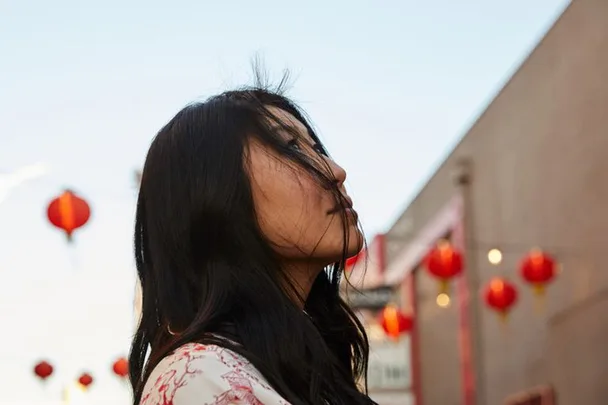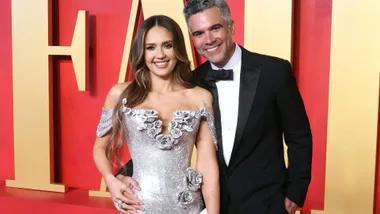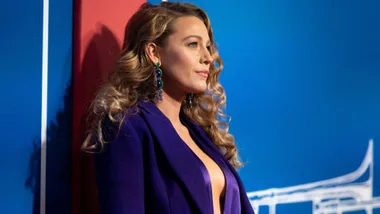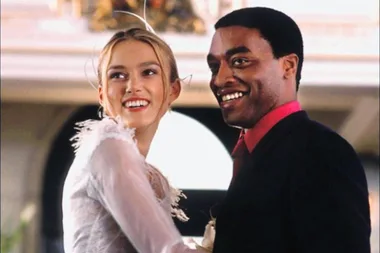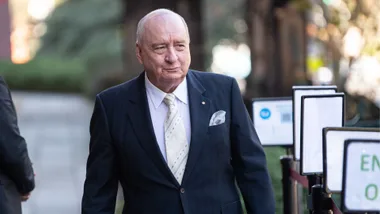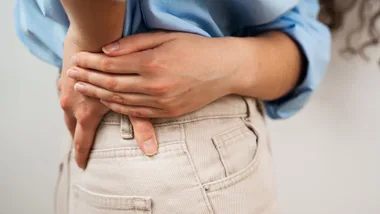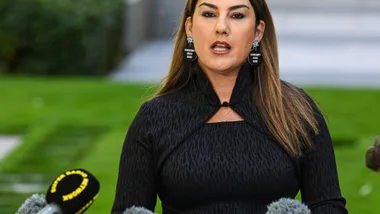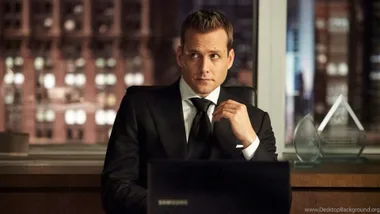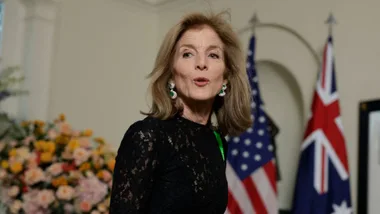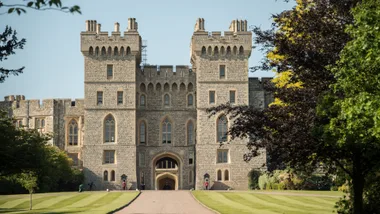I have never been more aware of my appearance than in the last few weeks. Like many women working from home in America, during these hard times, I’ve taken comfort in soft pants with elastic waists. Makeup is a thing of the past. The amount of cookie crumbs I find on my shirt or the messiness of my top-knot directly correlates to the amount of anxiety I feel at any given moment. In these respects, when you look in the mirror, we probably look alike. But, then, some of us do differ.
I’m Chinese-American. It’s as plain as the nose on my face, my eyes that disappear in half-moons when I laugh, and my long black hair that catches the breeze on a windy day.
When venturing out for a walk or groceries, I keep my hair in a bun, stuffed under a baseball cap, sunglasses and mask on. I try to expose as little of myself as possible, for protection—not just against the virus, but against the people who somehow hold me responsible for a global pandemic. It was my mother’s advice.
“You can’t be too careful these days,” she said. “Cover up. I don’t even clear my throat in public. I don’t want to give anyone the wrong idea.”
Among other things, my mom is a surgeon who holds her patients’ lives in her hands. She came to the U.S. from Taiwan alone after college with just two suitcases and money sewn into the lining of her coat to get, first, a Ph.D. in cancer immunology and then an M.D. She is a Chinese-mom version of Yoda and lives by a personal credo: “There is no fear, only do.” But during our conversation, it was unclear what she feared more, the virus or me being outed as Chinese in the time of coronavirus.
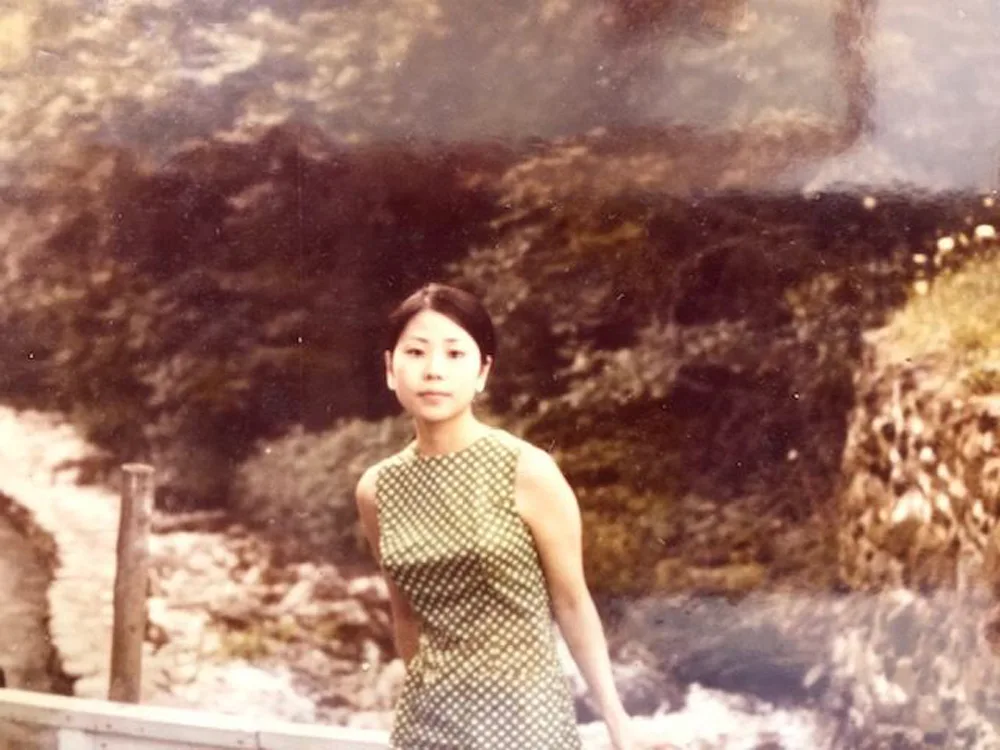
My father grew up in New Orleans during the 1950s, pre-Civil Rights, the only Chinese kid his classmates had ever seen. His survival strategy: Throw the first punch. As the next generation of my family—the first to be born in this country—I developed a different form of self-defense: accomplishment. My parents raised me to believe that excellence equaled protection. “Be so excellent, they can’t deny you,” they always said. So, I defined myself as a straight-A student, president of the student body, captain of the squash team. Later, I identified as a New Yorker, a writer, an editor-in-chief. I thought success could be my cover and a new identity in its own right. But in the midst of all that striving, I forgot what the protection was for. Being not white in America.
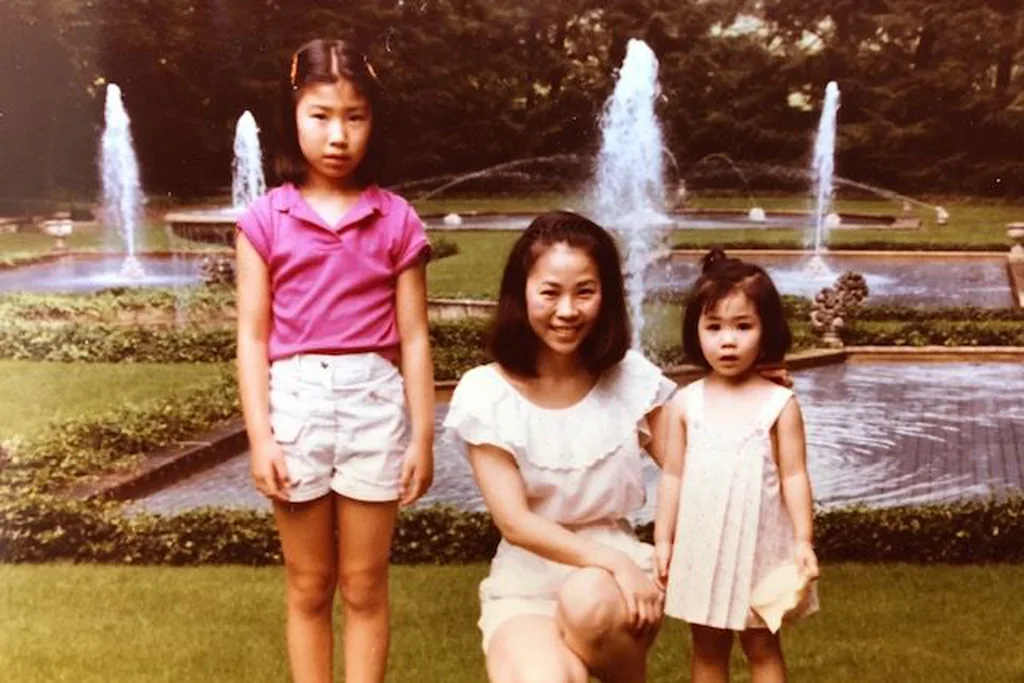
Instead, I focused on building my American armor. The tears I shed as a child over schoolyard bullies gave me the motivation to climb so high that I would never have to share airspace with ignorance again. Being an Asian-American woman became my superpower. I could outsmart, outwork, outwit anyone.
Until this virus came along. Viruses are tricky things, my doctor mom told me. They mutate and change over time. They affect individuals differently. They have a life cycle. In the early stages of an outbreak, when the RNA/DNA sequence that makes up a virus is first unleashed, hungry and primed to spread, it grows and grows. Panic is its own virus. The pathway is the same.
It’s tempting to point fingers in an effort to isolate where fear-mongering begins, but finger-pointing is exactly what got us here in the first place. Fear, like the virus, has always been here, waiting for the right environment, the right host. Fear and its nasty companion, racism, arrived on the shores of this country with the first explorers and settlers. It’s built into our country’s DNA.
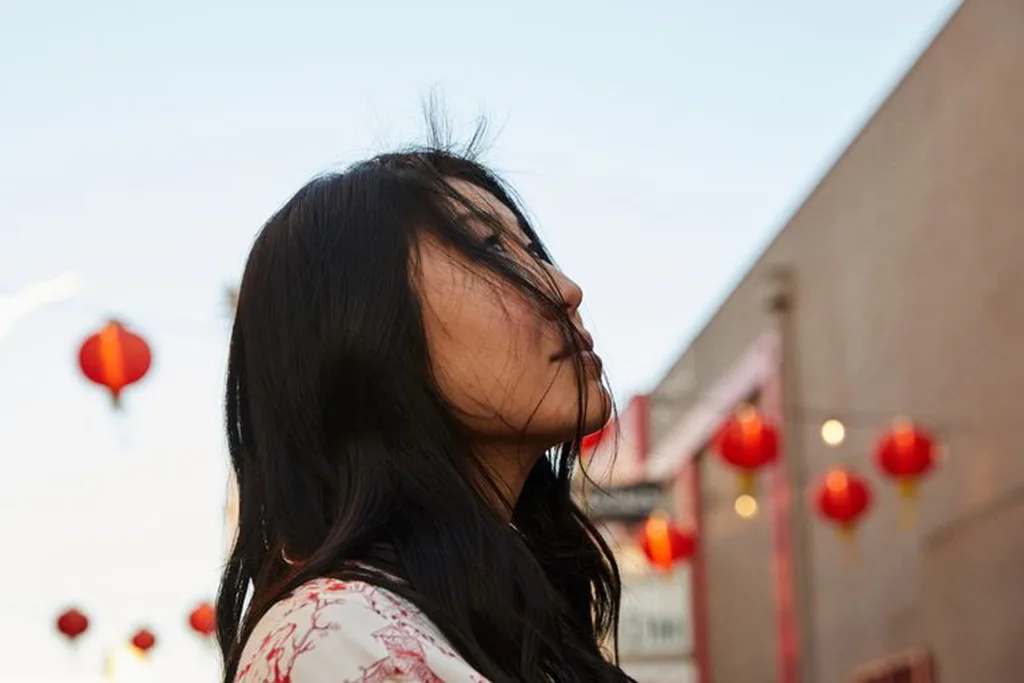
In recent weeks, the map of the world has turned red with clusters of infection. Tens of thousands have died. Many more will become ill. City streets are empty, people sheltered in their homes. Markets have dropped. We live off of Netflix and FreshDirect. Across the country, at bus stops, schools, the aisles and parking lots of the supermarket, outside homes and businesses, America has become a minefield for people with faces like mine. In the state of New York, where I live, the Attorney General has even set up a hotline to deal with the rising tide of assault against the Asian-American community.
Just a week ago, I suggested my sister stock up on Tylenol and cough syrup just in case, God forbid, she or her husband got sick.
“No way,” she said. “I’m not taking that risk.”
“What risk? Getting medicine just in case is for your health.”
“And have people think I’m sick and possibly infecting them? No way. I don’t want that. Who knows what people will do these days.”
It hadn’t occurred to me to be afraid when I went to my local pharmacy, not because I am brave, but because of my own racial blindspot. It was obvious to everyone but me. Hello, Joyce, you’re Chinese! At the counter as I checked out, I addressed the others in line, as if I was delivering a punchline. I wanted to be liked, even in the midst of a pandemic.
“I’m not sick,” I said with a self-deprecating laugh. “I’m a planner. I like to have things just in case.” I shrugged in a way that felt Seinfeldian. I read the non-smiles of the other patrons as nothing more than New Yorkers being New Yorkers.
In light of my sister’s remark, I reconsidered my own actions. If I hadn’t been Asian, would I have felt the need to explain? None of the other customers justified their purchases. Had I already begun to kowtow to an energy shift in the atmosphere? Or was I being paranoid? I now had a hyper-awareness mixed with self-doubt on top of everything else—a person of color’s double burden.
I have always been grateful for the amount of privilege I’ve enjoyed through my life: my supportive family, my education, my career opportunities. These past few weeks, I’ve found a new appreciation for some privileges recently rescinded, like the ability to go to the drugstore to safeguard my own health without explanation or a second thought. To walk through Central Park and the streets of the city I call home the way I used to. To feel welcome and safe in the life I’ve built for myself. I didn’t know they were gifts that could be taken from me.
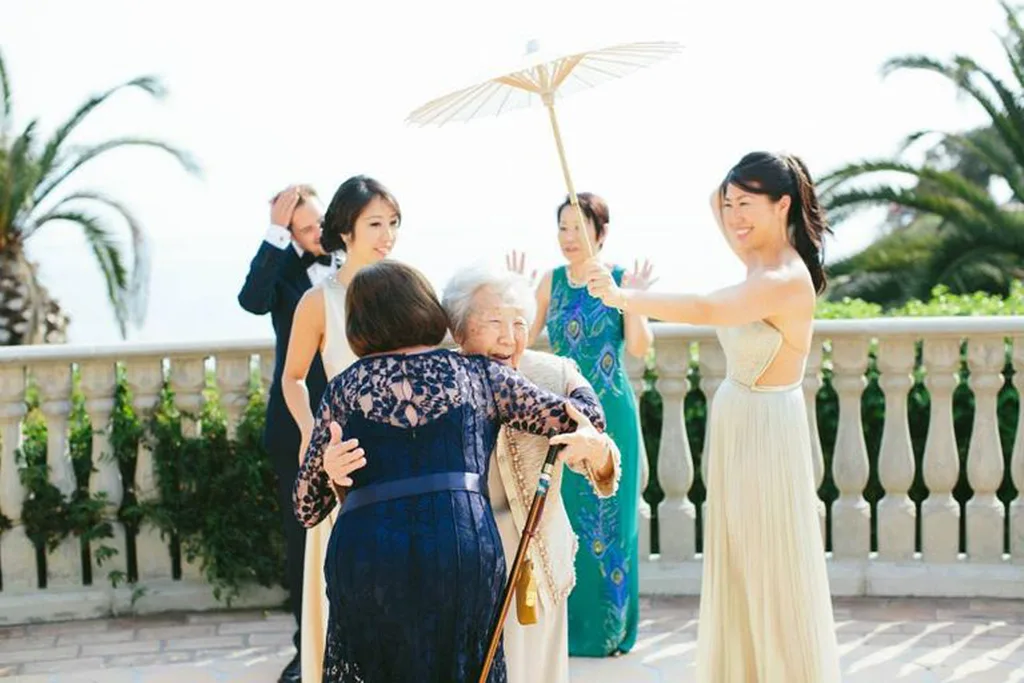
I come from a family of fighters and survivors. I think of my mother who, in spite of the outbreak and the vulnerability of her age, goes into the hospital every day to care for her patients. Cancer doesn’t defer to coronavirus. I think of my dad who earned grudging respect from the good ol’ boys of his childhood one fist fight at time. I think of my grandmother in China who survived WWII by fleeing the Japanese in the night. For all of the uncertainty, danger, and hardship of their experiences as immigrants, never once have I ever heard them express fear. Or, at least not by name. There is no fear, only do. I think of their sacrifices and everyday bravery when I need to channel my own fortitude.
Let me be clear: I’m scared. I know now that to say this aloud is a hard-won privilege, too, one that my parents didn’t have. I’m afraid for my family. I’m afraid for anyone who looks like me. I’m afraid for the strong and the vulnerable alike. The Chang family insurance policy of excellence isn’t going to protect us.
Coronavirus has been a wakeup call for me, a reminder of a dark side of human nature, but also a new flicker of self-awareness. One of the greatest mind-benders is holding two conflicting ideas in your head and acknowledging that both can be true. I can be afraid and also a fighter. I can be proud and need support. I can be Asian and American. I cannot control what happens in the world around me, but I can take responsibility for my own thoughts and actions.
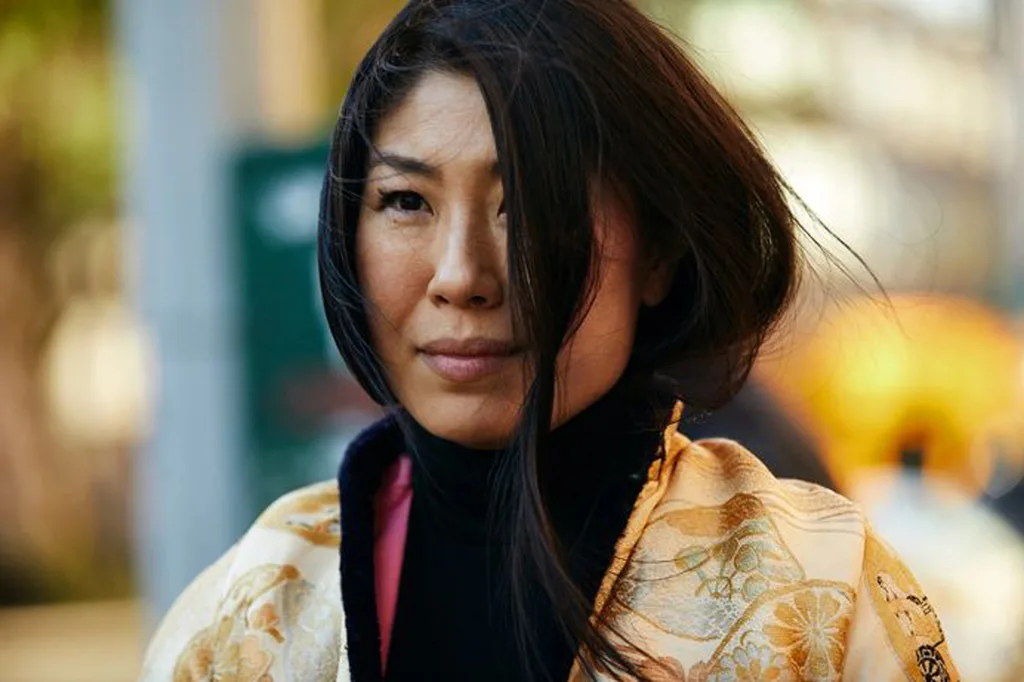
“A virus has a peak and then eventually dies out,” my mother explained to me over the phone. She cannot help her own excellence and competence. It runs in my family. While it can’t protect us from illness or ignorance, I find comfort in the knowledge she passes, the fluency with which she breaks down something complex and wild. How a virus weakens itself through its own mutation. How changing environmental factors like social distancing can create barriers to transmission. How hosts—human beings like you and me—begin to recognize immunity. I hope we flatten the curve on fear as well, weakening the virulent strain of hate.
Until this thing is over, my mother’s advice as a doctor and a mom is keep doing what makes you strong and happy. Wash your hands. Take your shoes off at the door. Do your work. Exercise. Eat well. Connect with friends. Don’t overthink. Be safe.
They are principles to carry beyond this time of coronavirus. But what we learn about ourselves in this moment of crisis, confrontation, and contemplation will remain, imprinted on us as if encoded on our DNA.
Joyce Chang is working on a novel inspired by her family. Follow her on Instagram @thegetgo.
This article originally appeared on marie claire US.
